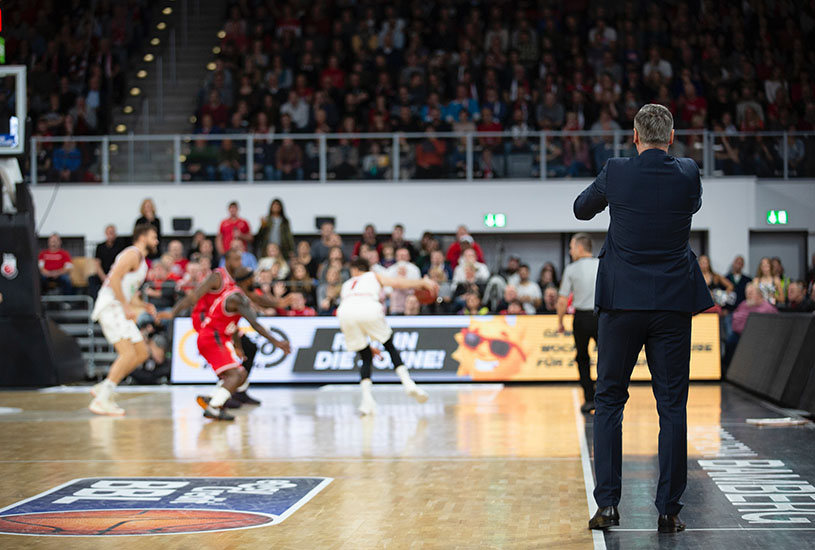Dr Fraser Carson from Deakin University’s School of Exercise and Nutrition Sciences considers the qualities of professional sport’s best coaches.
The coaching merry-go-round is in full swing, as both the AFL and NRL reach the climax of their respective seasons.
Five coaches have already been sacked or resigned in the AFL and two in the NRL, with a number of others under intense scrutiny. In some of these cases, the club has chosen to promote an assistant coach from within.
What’s the current selection criteria?
Current and former players have voiced their opinions on the skills required to be a successful senior coach.
Mark Murphy, former captain of the Carlton Football Club, has spoken of the need for a coach to build a positive coach-player relationship.
Media outlets regularly rate current assistant coaches’ potential to become a senior coach, from both the AFL and NRL, with previous experience suggested to be key for former senior coaches.
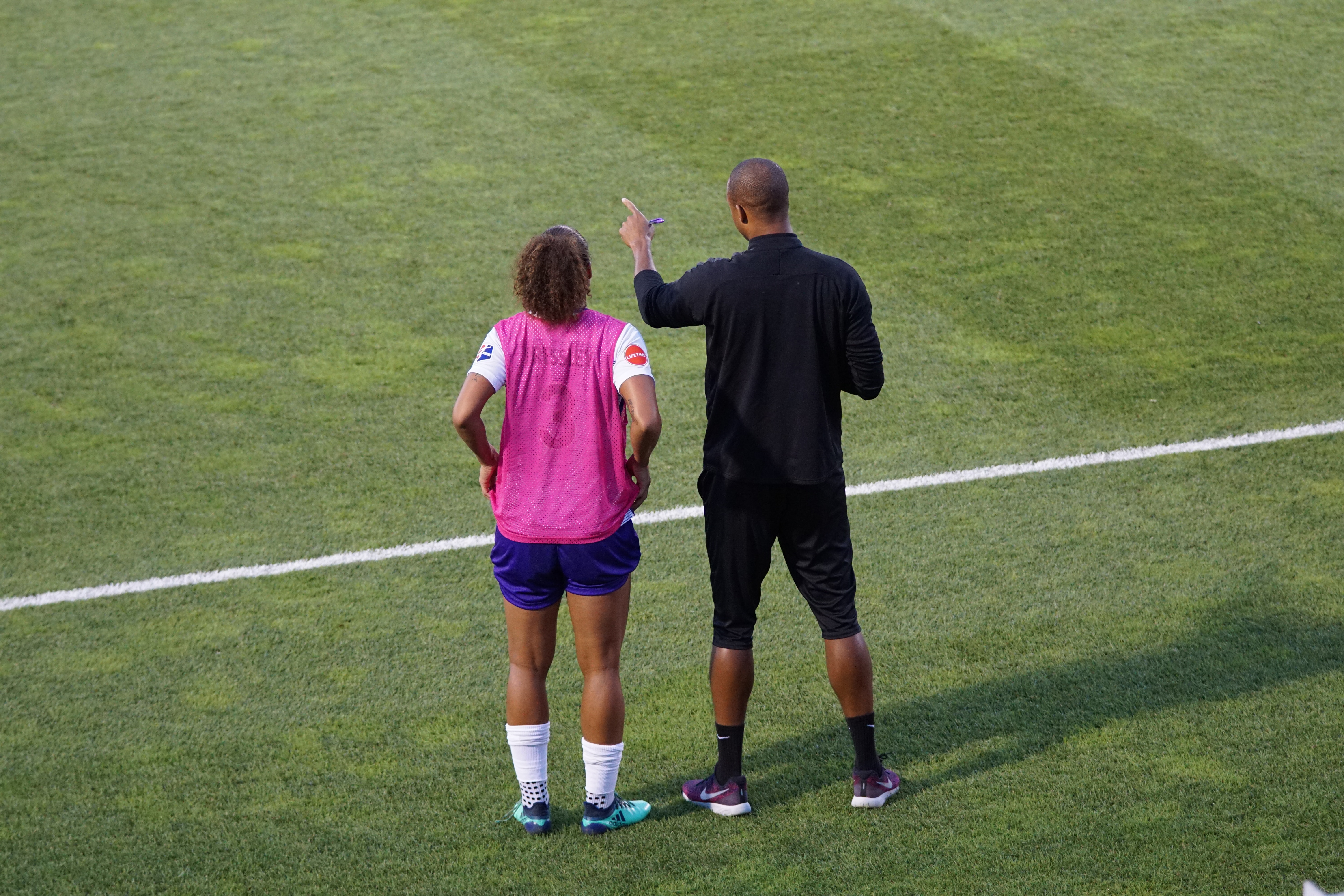
For those without senior coaching experience at the top level, a lengthy apprenticeship under a successful coach is the most sought after attribute.
In 2010 Stride Sports management produced a report for the AFL to help clubs with the process of identifying and recruiting a senior coach.
The report highlights seven key selection criteria to be considered, with each criteria weighted for importance:
- Leadership and culture (25%)
- Personal qualities (20%)
- Management (17%)
- Technical skills (13%)
- Coaching history (10%)
- Communication (10%)
- Commercial focus (5%)
Each of these criteria are further broken down to identify key components. For instance, game plan philosophy is worth 30% of the technical skills criteria.
A common conception is also that the coach needs to be highly experienced in the sport.
From Parliament House to the coach’s box
While all these criteria may be important and a useful tool to assist with selection for interviewing, are they the key factors to make the final judgement against?
If we look at some of Australia’s most successful coaches, their pathways have allowed them to develop a diverse range of skills.
Wayne Bennett and Bec Goddard have both worked in the police force.
Ric Charlesworth has been a federal member of parliament.
Michael Cheika worked in the fashion industry.
Lisa Alexander is a former physical education and maths teacher, among other roles.
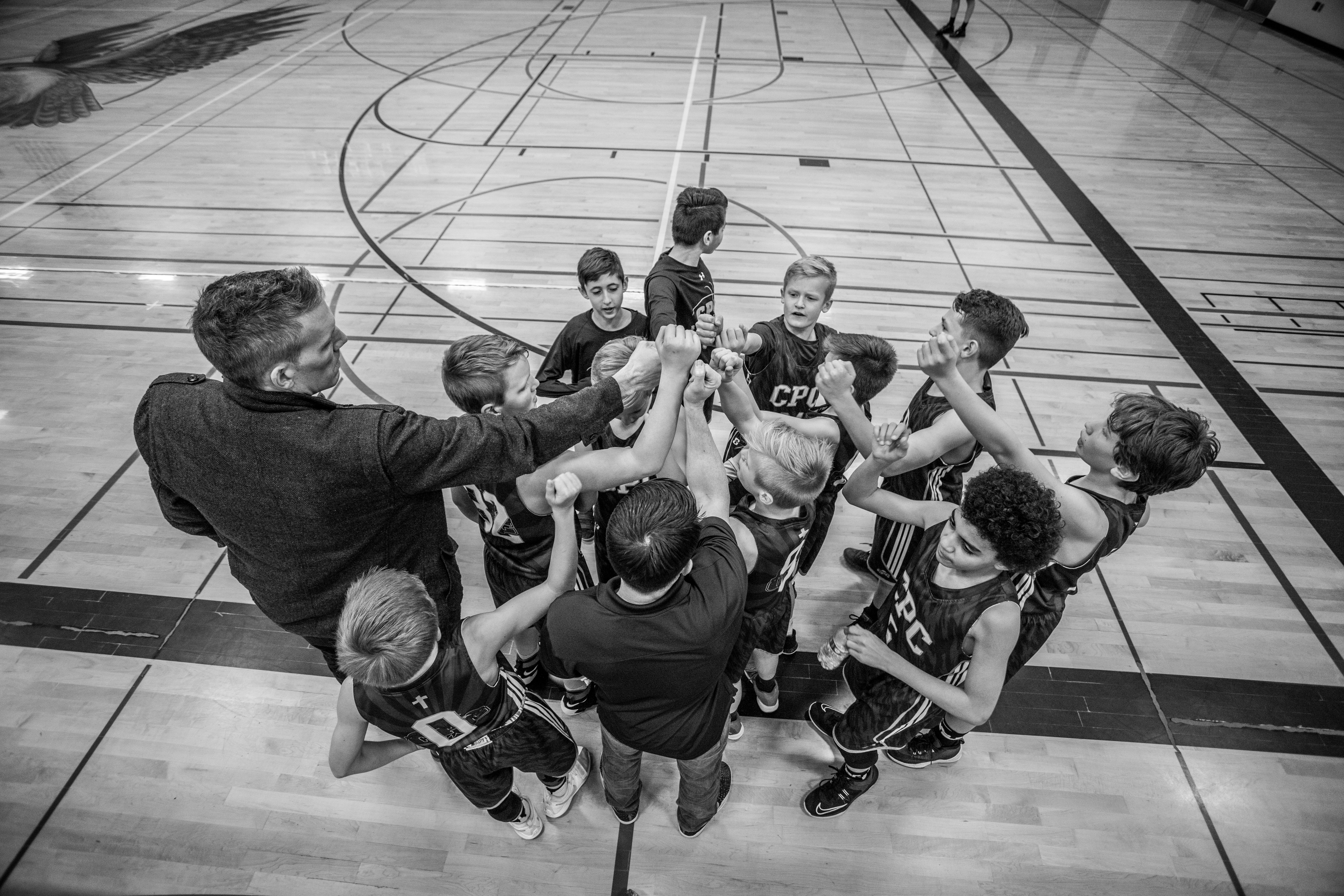
Most of these coaches also have some form of higher education degree: Goddard, a degree in journalism; Charlesworth, a medical degree; and Alastair Clarkson has a Bachelor of Sports Science as well as a master’s degree of Business Administration.
Other similarities include having vast experience as an assistant coach at all levels and/or as a senior coach at lower levels of the sport. Some of these coaches have also been able to pass their knowledge on to future successful coaches.
Craig Bellamy had a considerable apprenticeship under Bennett’s tutelage; while Damien Hardwick, Adam Simpson, Luke Beveridge and Chris Fagan have all come from Clarkson’s stable.
Beveridge again is an interesting case study, having developed much of his knowledge as an assistant coach and as senior coach at lower levels. He also took time away from the sport to work in the public service as a financial intelligence agent, as well as being a qualified teacher.
Team management skills are essential
Thomas K. Ewing published an insight paper in the International Sport Coaching Journal, asking if it is time to rethink how senior coaches are appointed.
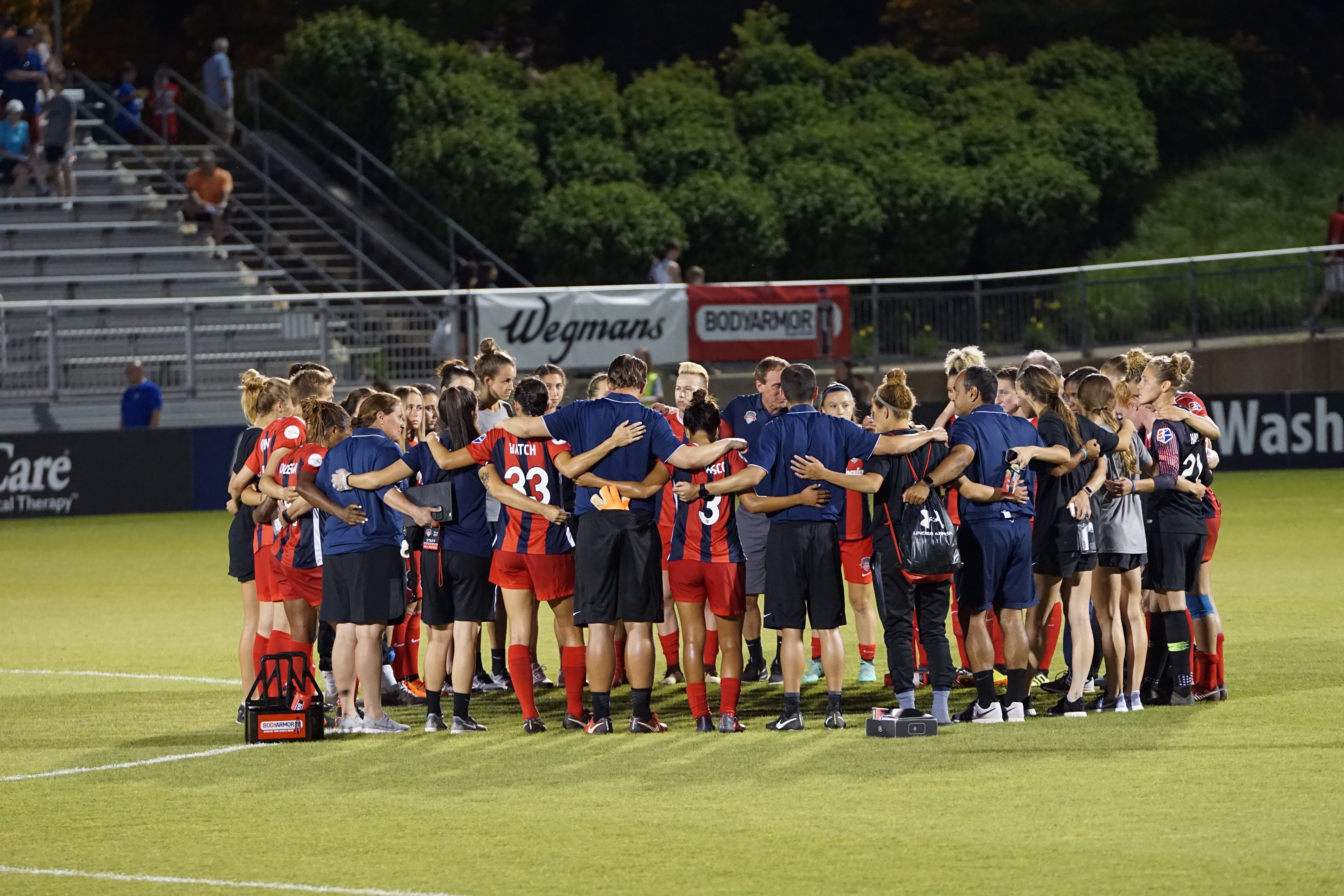
In the article, Ewing highlights that previous playing skills are not the only criteria for identifying an effective coach.
Rather, more focus should be placed on the coach’s ability to manage people.
Successful coaches are open-minded and draw on vast experience to become better at working with others. Potentially, it is the experience from an apprenticeship that encompasses a variety of backgrounds that may be a better predictor of who has the potential to be successful.
From my research, another consideration for the recruiting team is that whoever is employed as senior coach needs the autonomy and control to be able to implement changes and develop their culture within the team.
This will also assist the senior coach in managing the stresses of such high profile roles.
Leigh Matthews’ appointment at the Brisbane Lions in 1999 is a prime example of how important this is. Matthews insisted, as part of his acceptance of the role, that he bring his support team so he would have a critical mass to shape the organisational culture.
The senior coach should also try and empower those they work with and not try to micro-manage everything.
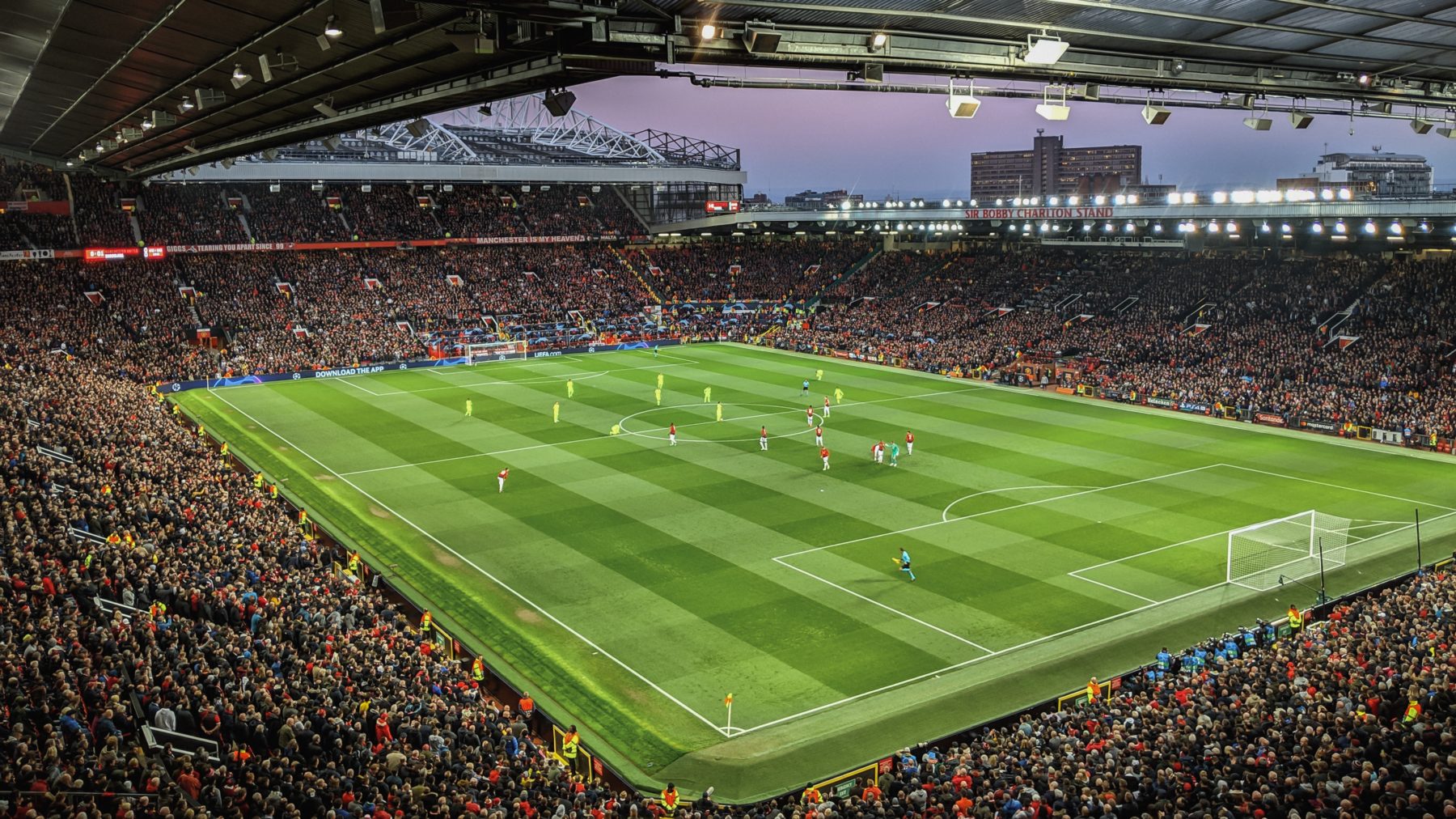
If we look at Alex Ferguson in the English Premier League (EPL), he was more of a CEO who led and managed. He had experience, evidence of success, and power within the organisation to drive change.
The role of a senior coach is becoming more like a manager than a hands-on coach. Coaching in high-performance sport is now about managing people, rather than teaching core skills.
Maybe Mark Murphy is right; the most important factor is the ability to work with a diverse range of people.
Having multiple opportunities to gain experience working with others within and outside the industry and having the autonomy and control in the coaching environment appear key to this.
